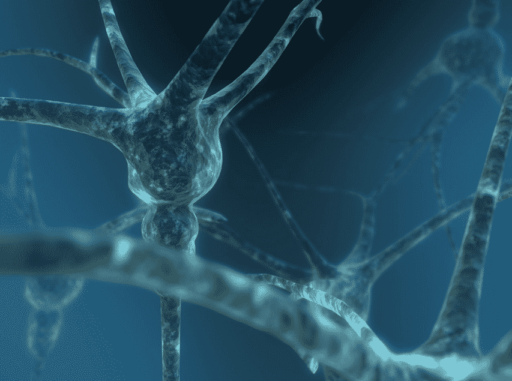Ever since his death, Einstein‘s brain has been somewhat of a mystery for scientists. A 1985 study famously suggested that his brain was different from other, normal brains. But a new study refutes this claim, citing that Einstein’s brain is perfectly normal.
The myth surrounding Einstein’s brain certainly connects to the fact that he was a genius and came up with some stunningly intelligent and intricate theories which form the basis of modern physics. Because of this, many assumed that he had a special brain, a brain which was different from other brains not only mentally but also physically.
This was reinforced by a 1985 study which claimed that Einstein’s brains had more glial cells than a normal brain. Glial cells are typically meant to support neural functions in the brain, so it was naturally assumed that his extraordinary intellect was a result of this unique brain at least in part. This has been more of a populist theory than a well-substantiated fact and a new study debunks the basis of the 1985 conclusion.
The new research by Dr Terence Hines dissects the details of the 1985 study and reveals how it was flawed. According to Hines, one out of 28 tests conducted on Einstein’s brain in 1985 was considered accurate by the researchers. Not only that, he says that an analysis with the help of latest techniques and methods reveals that Einstein’s brain is in no physical way different than any other normal human brain.
He proposes an interesting solution to settle the matter more neutrally. According to him, a group of scientific observers should be tasked with a ‘blind test’ where Einstein’s brain will be put next to other control brains. The observers should then be able to identify Einstein’s unique brain if it is indeed unique in any observatory method. If they fail to do so, that will further prove that Einstein’s brain is perfectly normal.
Source: Discovery Magazine
[ttjad keyword=”chrome-laptop”]



